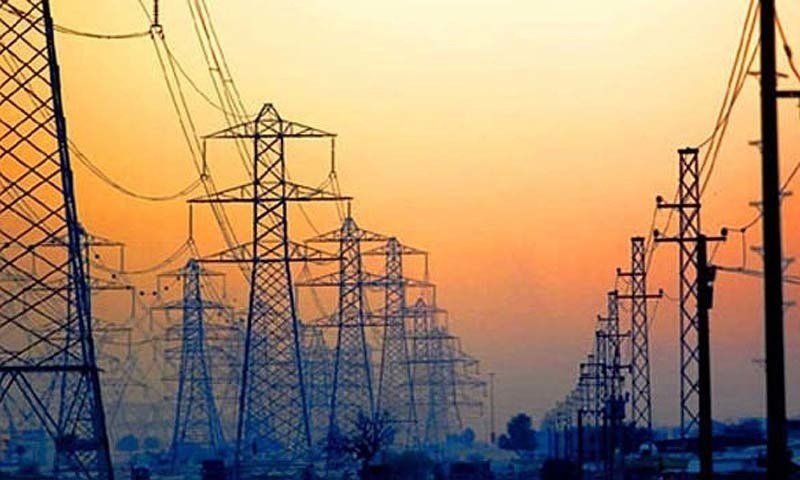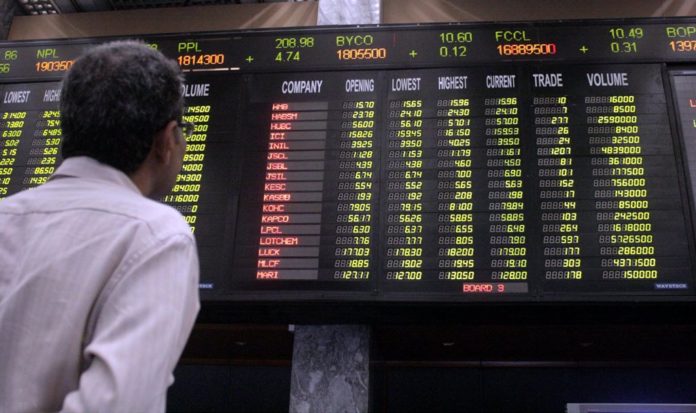Air Link Communication, a key player in Pakistan’s technology sector, has confirmed the import of two units of the Xiaomi SU7 electric car, sparking discussions about the company’s potential move into the electric vehicle (EV) market. However, the company’s CEO, Muzzaffar Hayat Piracha, has emphasized that any decisions regarding the establishment of an assembly plant in Pakistan will hinge on several critical factors, including market dynamics and strategic alignment. His statement comes amid growing speculation and media reports surrounding Air Link’s ambitions to enter the electric vehicle industry in collaboration with the Chinese technology giant, Xiaomi.
In an official statement to Business Recorder on Thursday, Piracha shared Air Link’s ongoing interest in innovative technologies, highlighting the company’s forward-thinking approach to growth. “We have always been at the forefront of innovation and growth,” Piracha said. “While we have indeed imported two Xiaomi SU7 electric cars as part of our continued interest in cutting-edge technology, any decisions regarding the setup of an assembly plant will depend on market dynamics and strategic alignment.”
Import of Xiaomi SU7 Electric Cars at Karachi Port
The confirmation from Air Link’s CEO followed media reports from the previous Saturday, which revealed that Xiaomi’s SU7 Max electric cars had been spotted at Karachi port. The sighting led to widespread conjecture that Air Link, which is already a well-established manufacturer of Xiaomi smartphones in Pakistan, was on the verge of launching electric cars in the country through a strategic partnership with Xiaomi. While these reports sparked curiosity, the company remained silent on the matter until Piracha’s recent comments.
Piracha’s statement does confirm the import of two Xiaomi SU7 units but stops short of providing definitive answers about the company’s long-term plans in the electric vehicle space. “We remain committed to exploring avenues that could further strengthen Air Link’s role in the technology and mobility sectors,” Piracha added, indicating that the company is still in the exploratory phase when it comes to its EV ambitions.
Strategic Considerations for Setting Up an Assembly Plant
One of the primary considerations for any future developments in Air Link’s EV strategy, according to Piracha, will be the market dynamics in Pakistan. The CEO elaborated that while Pakistan presents significant opportunities for growth, especially in the automotive sector, a deeper understanding of market trends is required before committing to major investments such as the establishment of an assembly plant.
“We are constantly evaluating opportunities that align with our long-term vision,” Piracha noted. “So, there is always the potential for this to happen. As a company with a deep understanding of local market dynamics, we are strategically positioned to capitalize on emerging opportunities in the technology and mobility sectors.”
Piracha also acknowledged the influx of international players into Pakistan’s automotive space, especially from China, where the electric vehicle industry has experienced rapid growth. “Several international players, including Chinese EV manufacturers, have already entered Pakistan’s automotive space, recognizing its significance,” he said. This recognition underscores the country’s growing appeal as a potential market for electric vehicles, driven by a combination of factors, including government support and Pakistan’s strategic location.
Pakistan’s Growing Potential as an EV Market
Pakistan has increasingly become a focal point for international automotive companies, particularly in the EV sector. As Piracha pointed out, the country offers a range of strategic advantages, including its location and a government that has shown support for export-oriented industries. The government has introduced various incentives for electric vehicle manufacturers, including reduced import duties and tax exemptions, in a bid to attract investments and stimulate the adoption of green technologies.
However, despite these favorable conditions, the Pakistani EV market is still in its nascent stages, with limited charging infrastructure and consumer awareness being major hurdles to overcome. Market experts suggest that any company entering this sector would need to carefully navigate these challenges to achieve long-term success.
Air Link’s Strategic Partnerships and Financial Growth
Air Link Communication has already established itself as a major player in Pakistan’s tech and manufacturing sectors. The company’s partnerships with global brands such as Xiaomi, Samsung, Huawei, and others, coupled with its diverse portfolio, have allowed it to expand its reach within the country. In fact, Air Link recently reported a staggering 382% increase in its profit for the fiscal year 2023-24, underlining its strong financial performance.
Air Link has been involved in the manufacturing of various electronic products, including smartphones, smart TVs, and other consumer electronics. The company currently produces Xiaomi smartphones and Tecno phones at its manufacturing facility in Lahore, in addition to being an official partner for global tech brands including TCL, Alcatel, and iTel. Air Link also has a partnership with Acer Gadget for the assembly of laptops and tablets in Pakistan, further solidifying its foothold in the technology space.
The company’s relationship with Xiaomi, one of the leading technology giants in the world, has opened up new opportunities for growth. In addition to smartphones, Air Link recently began producing Xiaomi smart TVs, positioning itself as a key player in Pakistan’s consumer electronics market. The introduction of Xiaomi’s electric cars could potentially mark another major milestone for the company if the market dynamics prove favorable.
The Future of Electric Vehicles in Pakistan
The potential introduction of Xiaomi electric vehicles in Pakistan represents a significant development for the country’s automotive industry. With the global shift towards electric vehicles and the increasing demand for cleaner transportation alternatives, Pakistan’s market presents a unique opportunity for growth. However, as Piracha highlighted, much will depend on how the local market evolves and whether it can support the expansion of electric vehicle infrastructure and production.
The setup of an assembly plant would not only benefit Air Link but could also boost local employment and contribute to the country’s industrial growth. However, for now, Piracha remains cautious, underscoring the need for careful consideration before making any concrete moves.
“While we are excited about the future of electric vehicles, we must ensure that our decisions align with both our company’s long-term goals and the broader market realities in Pakistan,” he said. This balanced approach reflects Air Link’s commitment to sustainable growth, with the company positioning itself to be a key player in Pakistan’s evolving technology landscape.
While Air Link’s import of Xiaomi SU7 electric cars has sparked excitement and speculation, the company has taken a measured stance, with CEO Muzzaffar Hayat Piracha emphasizing the need for market evaluation before making any long-term commitments. The entry of international EV manufacturers into Pakistan’s market signals a growing interest in the country’s potential as a hub for electric vehicles, and Air Link is well-positioned to capitalize on this trend—if the market dynamics prove favorable. For now, all eyes will be on how the company navigates this emerging opportunity in the months to come.



